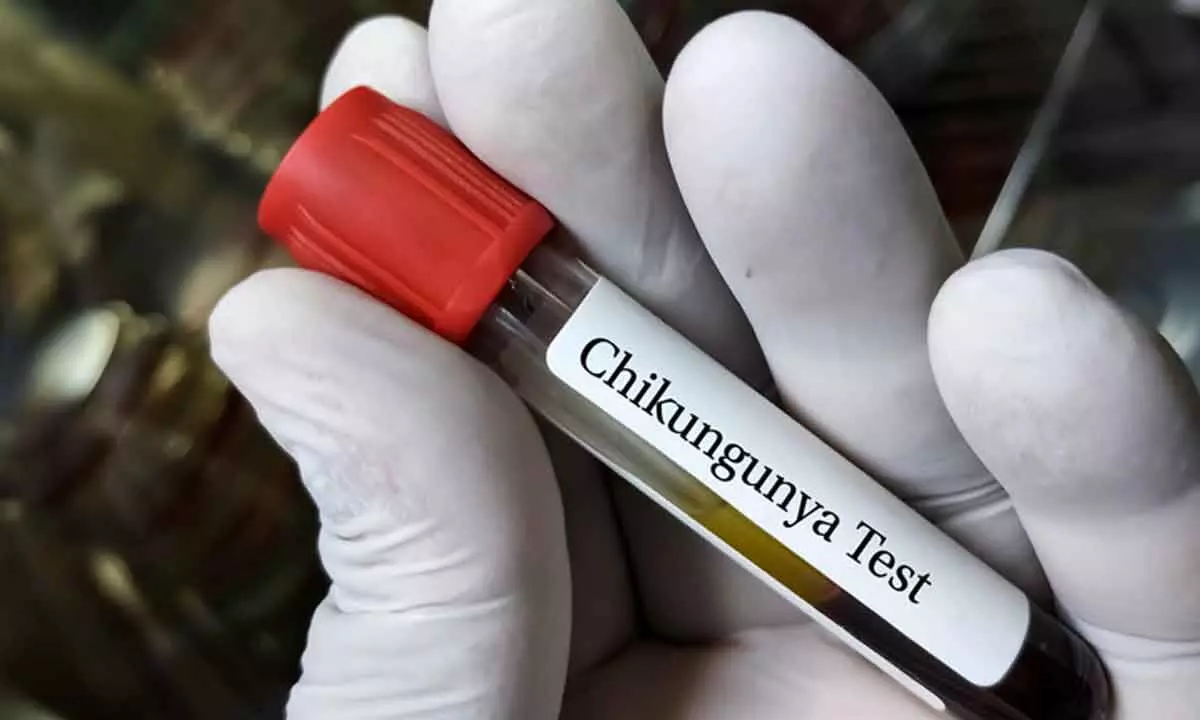People infected with CHIKV have increased risk of death
From complications of heart and kidney for up to 3 months post-infection: Study
image for illustrative purpose

London: People infected with the chikungunya virus (CHIKV) still have an increased risk of death from complications of heart and kidney for up to three months post-infection, according to new research published in The Lancet Infectious Diseases.
Chikungunya is a viral disease transmitted by mosquitoes to humans. Most commonly, the virus is transmitted by Aedes aegypti and Aedes albopictus mosquitoes, more commonly known as yellow fever and tiger mosquitoes, respectively.
The study team, including researchers from the London School of Hygiene & Tropical Medicine (LSHTM), analysed almost 150,000 recorded chikungunya infections using data from the 100 million Brazilian cohort.
The findings show that people infected with the virus are still at risk from complications even after the period of acute infection ends, which typically lasts for 14 days post-symptom onset.
In the first week, infected individuals were eight times more likely to die than unexposed individuals. They were still twice as likely to die from complications at three months post-infection.
The team found that patients had an increased risk of death through cardiovascular conditions, such as ischemic heart disease and metabolic and kidney diseases, independent of age group and sex.
Aedes-borne diseases are anticipated to increase in frequency and location due to climate change, urbanisation, and heightened human mobility. As such, chikungunya disease is now seen as a growing threat to public health.
"With chikungunya infections expected to increase, it's important that health services consider the risks that persist even after the acute phase of infection has ended," said Dr Enny Da Paixao Cruz, Associate Professor at LSHTM.

